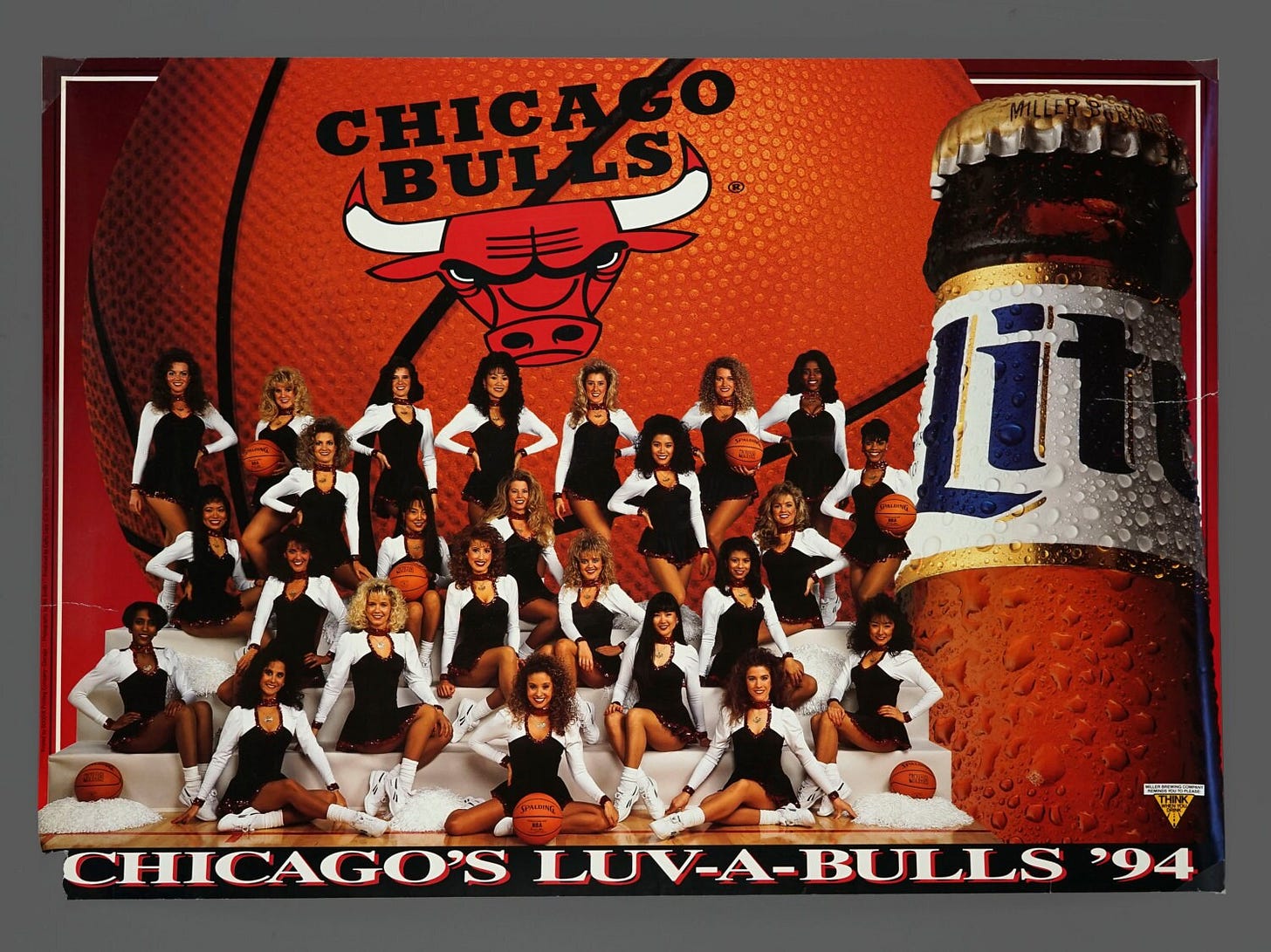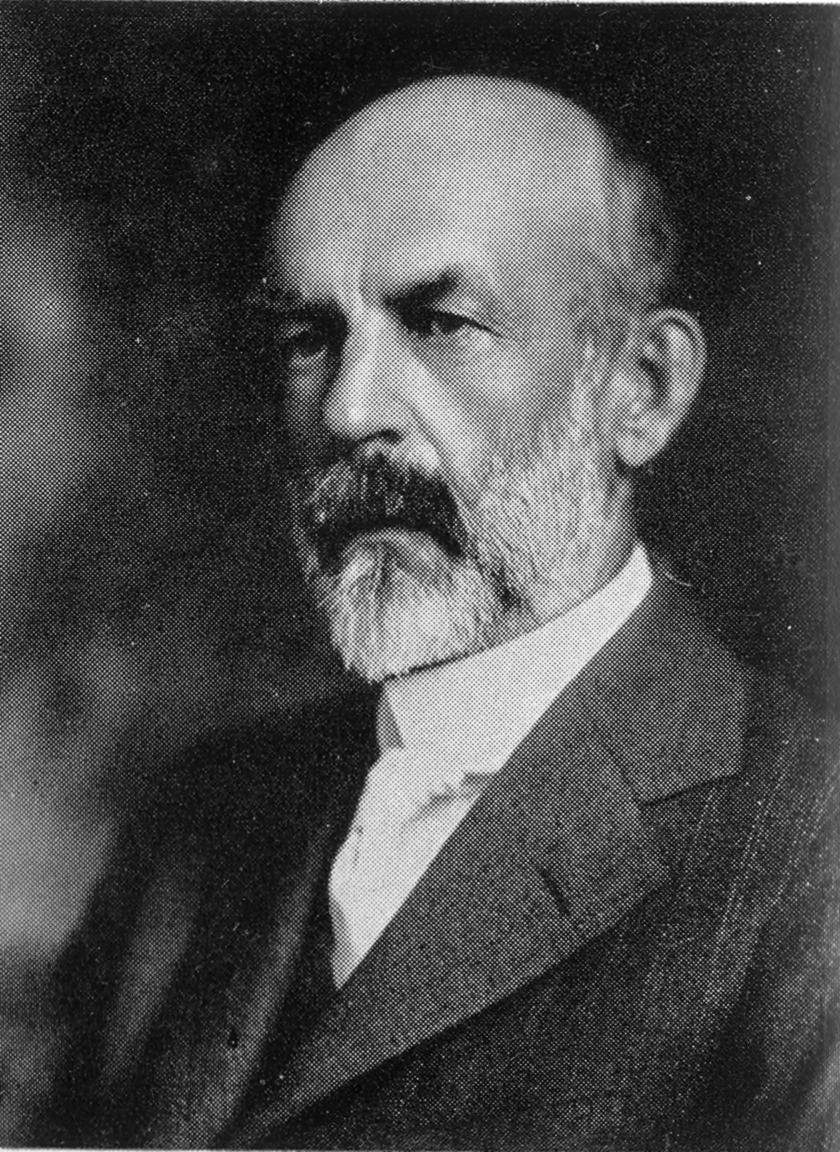As I slide into the third week of my twenty-fifth year of teaching like…
I am, once again, stressin’ and obsessin’ about getting it right. Feelin’ ragged. I know, I know. I just had six weeks off, so I ought to be rested and ready to roll. I mean, on some level, the gig ain’t so hard. Teachers work about 182 days per year. 25 teaching “hours” (45 minutes) per week. 12 weeks off. Plenty of job protection, too much in some cases.
I’ve worked in restaurants, in retail, and on rooftops. I’ve busted my back in warehouses and on cleaning crews. Industrial concrete coating. Door-to-door sales during one of the hottest Chicago summers on record. I’ll cop to it: teaching high school history ain’t exactly hard labor.
But teaching is desperately difficult to do well. And the stakes seem higher.
Any schmuck can be a mediocre high school teacher and if you went to high school, you know full well that high school faculty lounges are littered with mediocre schmucks. I just might be one of them.
Look, I hope you disagree. I hope your high school experience was thoroughly inspired by the best and brightest. I am the humble beneficiary of some extraordinary high school teachers. I am eternally grateful to them and I work assiduously everyday just to keep my balance standing on their shoulders. But these exceptional teachers are indeed the exceptions.
Being an exceptional teacher–as I strive and often fail to be–is really, really hard. But these days, being a great teacher is hard for reasons I didn’t understand or anticipate when I began this journey. I started teaching at the end of the last century, in a moment teeming with optimism. Oh, how times have changed. Oh, how I have changed. Oh, how schools have not.
So to help me grapple with my anxieties and clarify my thoughts as I aspire to do great work this school year, I hereby present to you, drumroll please…………….
The Top Ten Reasons My Gig is Hard That I Wouldn’t Have Imagined 25 Years Ago
1. Do I suck? I might suck. On one hand, schools are spaces for authentic connections and independent reflections. Hard to measure that. On the other hand, or perhaps on the same hand, schools are rigorous assessment machines. It’s a bona fide gauntlet of weekly performance reviews. Homework. Quizzes. Unit tests. Final exams. We test student performance on the regular. But teacher performance is rarely tested. I work in a system of rigorous assessment where I am never assessed.
I can’t honestly say the degree to which I am succeeding at this job. No administrator shows up in my class to assess me (not that I’m asking for it). Colleagues don’t evaluate my syllabi or lesson plans or classroom performance. I have zero valid, reliable metrics for success.
You might urge me to judge my performance based on the performance of my students. But I have the privilege of teaching students, most of whom have certain privileges, seeking to further their privileges by plugging into the system, doing the work and getting good grades.
But my privilege can be my peril. To judge my job performance by the performance of my students is like judging the performance of the 1990’s Chicago Bulls to the performance of the Love-a-bulls.
I contend you could put a poorly-trained monkey in front of most of my classes and my students will perform well. I should know, I’ve slung a fair amount of poop in my time.
Ever heard of Cooley’s Looking Glass Self? It’s a super powerful concept introduced by an American sociological pioneer with the rather unfortunate name of Charles Horton Cooley. I think of Cooley on the regular.
The gist of Cooley’s Looking Glass Self is that our self-identity–and more specifically our identities as workers, parents, neighbors, etc.–is based on how we believe others perceive us. Essentially, our self-concept is shaped by the feedback we think we receive from others, like looking into a metaphorical social mirror (a looking glass). It’s a three-stage process: (1) we imagine how we appear to others, (2) we imagine their judgment of us or our performance, (3) we develop a feeling or a conclusion about ourselves or our performance.
Imagine, if you will, a kid who is a dreadfully shitty trumpeter. But they’re supported by smiling parents, siblings, and teachers every time they put the horn to their lips. Their audience pays attention, they seem to care, they hum along. This lil’ trumpeter might just conclude that they're the next Miles Davis.
I’m that lil’ trumpeter. No one is going to tell me that I’m an utter mediocrity. My students are too busy trying to win the game to tell me I should take up the cymbal. It could well be that my work stagnates and suffers from their kindness.
Yes, my students take anonymous course evaluations at the end of each semester. Their evaluations are wildly generous and tend to buoy my ego. But they don’t have an adequate sample size for reliable comparison and they’re generally inclined towards being supportive. So as grateful as I am for their generally glowing endorsements on course evaluations, I’m hardly inclined to assess my performance on their charitable reflections.
The customer service reports are of little use. I have no sales numbers. No efficiency standards. No performance indicators to evaluate the success of recent initiatives. No clear KPIs. No promotions or demotions.
Just me, my poor vision, and my warped looking glass. It’s liberating. But it can be dizzying.
2. Uggh. Ego. I want everyone to like me. Always have. It’s a huge block. This, despite the fact that I’m decidedly not everyones’ cup of tea and never wanted to be.
I don’t want to call myself unlikeable. I am, shall we say, an acquired taste. Like fine whiskey or rocky mountain oysters or prison gruel. And the older and more grizzled I get, the harder it is to even want to acquire a taste for me. I know this to be true.
And yet, yet, if 24 kids in my class are thoroughly engaged in my class, your boy is going to focus on the 1 kid who, for whatever reason, seems disengaged, or worse, disinterested.
Teach every kid. This has been the mantra for 25 years. No one left behind. Team sport.
But 25 years ago, I had not imagined the cumulative toll it would take on me when I feel like I am leaving one behind.
Theoretically, I get it. That kid’s disengagement might have nothing to do with me. Her dad is a dick. Their sibling has cancer. Her bully sits behind her in class. His ex, who humiliated and dumped him, sits two rows over. Parents just divorced. Parents should divorce. Chronic migraines. Sleep disorder. Eating disorder. Depression OCD. ADHD. ASD. PTSD.
25 driven students. 25 messy humans. When the bell rings, I expect 100% of them to drop it all and grapple with the dead hand of the past.
When they don’t, it stings. Makes no sense. But still.
I couldn’t have imagined that 25 years ago. And even though it’s less about me than it used to be, the failure to reach that one student still torments me.
3. Teaching Traumatic Topics is Traumatic. 25 years ago, I had not considered the cumulative anguish of teaching tough stuff, day after day, year after year. I wrestle with the brutality of history every single day. Patriarchy, class warfare, slavery, war, genocide. My daily diet is selected from the full menu of human rights abuses.
While I won’t comment here on the (in)effectiveness of trigger warnings, I will say that Facing Our History can be emotionally challenging for students, requiring careful handling in ways not widely considered decades ago.
But facing history, day after day, year after year, can also take a toll on teachers. I’m afraid it’s taken a toll on me.
I hadn’t imagined that when I started this gig.
4. Does it Spark Joy? Despite the daily dose of horrors in history, I strive to create a joyful space. When all the cylinders are firing, my students and I engage with energy and joy. Stories are central to this engagement. And despite (to spite) all trends in history education, I’m still committed to weaving narratives. Sharing stories.
I had not imagined how outmoded narratives would become. In our days of divisions, there is no shared narrative. Makes sense. But we’re supposed to drop the narrative and make history classrooms little more than workshops for thinking and writing skills? Skills matter. I’m in! But narratives, plural, matter too! No stories, no joy.
Cast a complicated narrative arc. Create compelling characters. Leave space for imagination. Exploration. This is the stuff that sparks joy. 25 years ago, I could not have imagined how passé this would become.
5. You want passé? I’m passé. I’m a straight, cis, middle-aged, honkey. I’m passé. I never took pride in my race, gender, or sexuality; but I never had imagined it might become a professional liability. Despite being founder and chairperson of the Woke AF Department and my politics of liberation, I have the face of the oppressor. Despite being Jew-ish (99.7% Ashkenazi according to 23 & Me; 0.3% observant, but only if you got Bubby’s rugelach or if I’m needed for a minyan), I embody the traits of the enemy as presented in social media feeds of most of my students.
I’ve said it before and I’ll say it again: Gen Z is the most kind, sensitive, empathic, and open-minded generation in human history. Haters be damned, I’m an unrepentant Gen Z fanboy. You should be too.
But! I’m convinced that some of my dear students are bigots! Bizzaro World Archie Bunker’s, the lot of ‘em.
My bad, I didn’t see that one coming. I mean, I get it. Stay woke soldiers. But it doesn’t make whiteboy’s job easier. That’s all I’m sayin’.
Okay dear reader, let’s make a deal. I am looking to build my subscriber base, which is a fraction of my readership. The back half of this Top 10 List is currently available to paid subscribers only. Sorry.
But! As soon 20 readers subscribe to The Junction—free subscriptions or paid subscriptions—I will publish the rest of this edition for all to read.
So if you read but do not subscribe, please subscribe!
If you are a subscriber, thank you! If you think this thing adds something to your life, please recommend The Junction to a friend and tell them to subscribe.
Keep reading with a 7-day free trial
Subscribe to The Junction to keep reading this post and get 7 days of free access to the full post archives.






